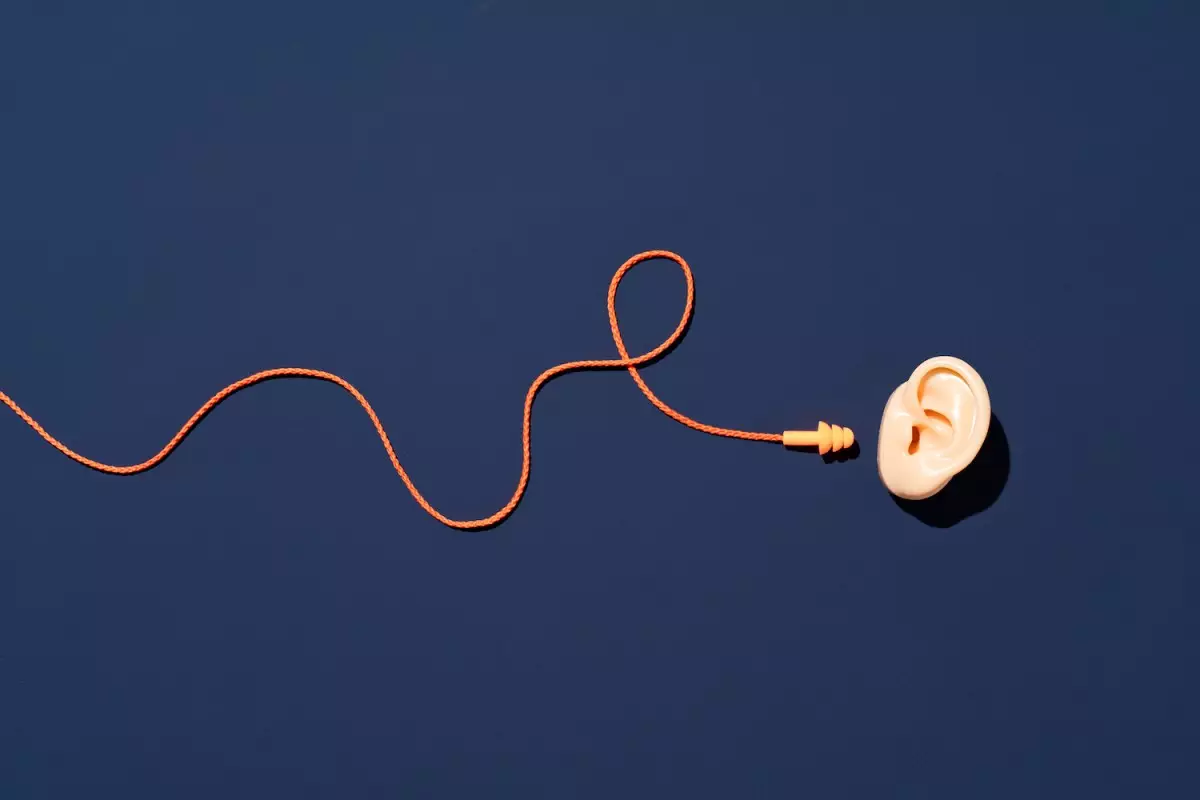In an era where personal audio devices have become integral to daily life, noise-canceling headphones are hailed as groundbreaking innovations. They promise the auditory sanctuary of silence amidst cacophony, allowing users to immerse themselves in their preferred sounds undisturbed. However, a growing body of research urges a closer examination of these technological wonders, particularly in relation to their potential implications for auditory processing and cognitive functioning.
Recent discussions brought to light by a BBC report reveal that the surge in noise-canceling headphone usage coincides with an alarming increase in cases of Audio Processing Disorder (APD), particularly among younger individuals. APD diminishes the brain’s ability to interpret sounds, making it harder for individuals to make sense of spoken language. A striking example presented in the report features a young woman in her twenties, whose normal hearing tests starkly contrast the challenges she faces in filtering and comprehending auditory information. This disconnect raises essential questions about the underlying causes of such cognitive issues.
A pressing inquiry emerges: Can the frequent use of noise-canceling technology somehow disrupt the brain’s natural auditory processing capabilities? The National Health Service’s audiology departments in the U.K. have noted an uptick in referrals from younger people exhibiting symptoms of APD, suggesting a potential correlation between modern listening habits and auditory processing difficulties. The very technology designed to enhance our listening experience could inadvertently teach our brains to rely less on natural auditory discrimination.
One compelling theory put forth in these discussions is that reliance on noise cancellation might inhibit the brain’s ability to filter sounds autonomously. Our cognitive faculties are shaped significantly by the stimuli we encounter; thus, if individuals constantly depend on artificial means to drown out background noise, they may become less adept at distinguishing relevant sounds from distractions. This phenomenon prompts a reevaluation of how we perceive our auditory environment and our interaction with sound in general.
Despite the troubling implications highlighted, the consensus among audiologists remains one of caution and curiosity. Many experts are advocating for more extensive research to determine the long-term effects of consistent noise-canceling headphone use on auditory processing capabilities. Such inquiries are crucial for understanding whether the relationship is causal or coincidental.
As noise-canceling headphones continue to proliferate in a landscape dominated by digital distractions, awareness surrounding their potential effects on hearing health and cognitive function is paramount. Consumers and manufacturers alike should take note of these findings, fostering discussions that may lead to healthier listening practices. Innovations designed to enrich our auditory experiences must not come at the cost of our mental acuity or our brain’s ability to interpret the world through sound. As we enjoy our personal soundtracks, let us remain vigilant about maintaining our auditory health in a noise-canceling age.

